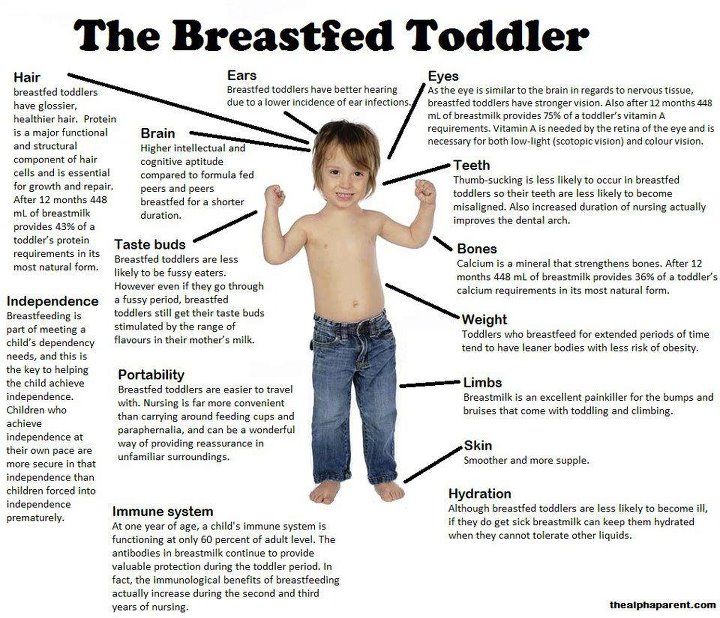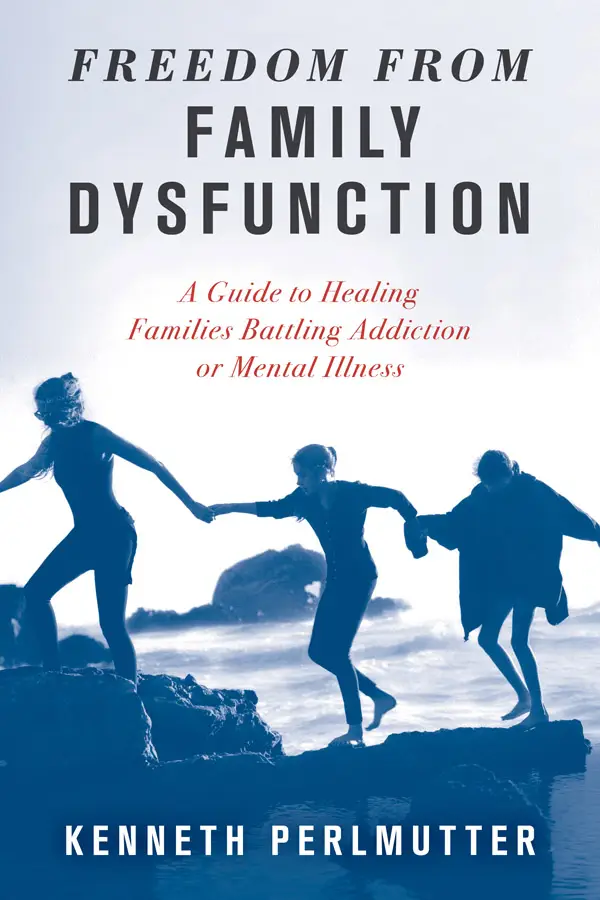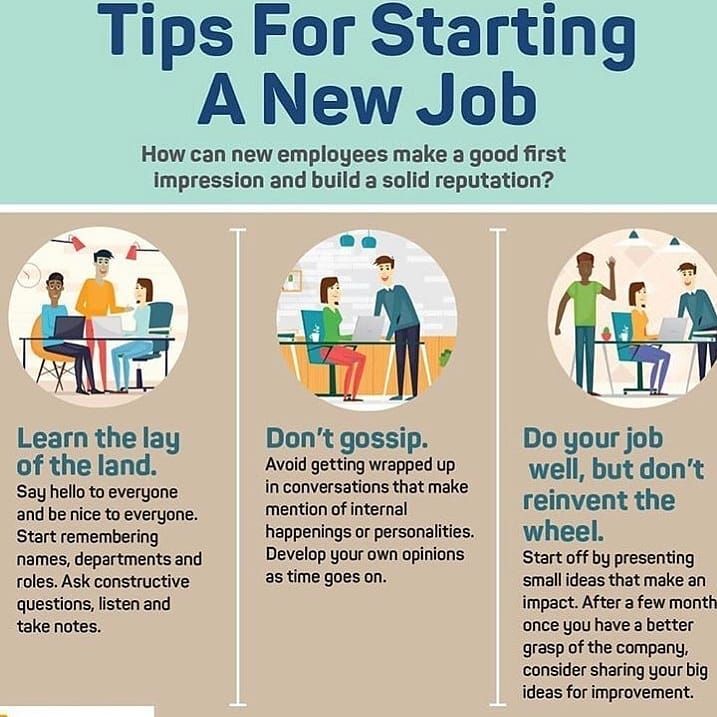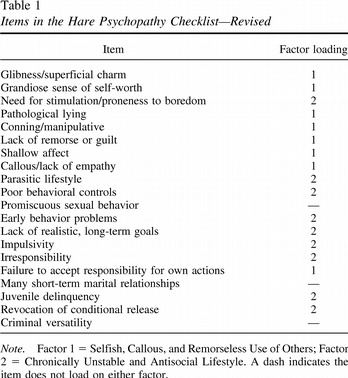How long does new job anxiety last
How to cope in 9 easy steps
Development Areas
Learning Options
For your team
Home
>
Blog
>
Wellbeing
>
Mental Health
>
new-job-anxiety
WRITTEN BY:
AMY RIGBY
Let’s start with a quick story. It’s not directly about new job anxiety, but don’t worry, we will get there quickly.
One of our writers changed schools in fourth grade; he went to a school that had started in kindergarten, so many of the students already knew each other. On his first day, he was supposed to be taken to the cafeteria to get to know the class. Instead, his “sponsor” student took him to the classroom, where no one was. He sat there, with legitimate 10 year-old anxiety, until the class streamed in from the cafeteria. He had been completely alone.
Now think of your first day on a new job. A new job is the adult version of switching schools. So much will be different. Your commute (pre-COVID). The projects you work on. The people you work with. Your title. Your relationship to work. Then there’s new job anxiety about learning the people, the politics, the relationships, the processes, the ways of work actually getting done. It can be actually somewhat terrifying.
In fact:
Kerry Heath, LPC-S, NCC, CEDS-S, says that “It is normal to feel quite drained/exhausted at the end of the workday due to learning an all-new job, meeting new people, and being ‘on’ all day. Increased heart rate, upset stomach, decreased appetite, disrupted sleep, and poor concentration are all normal symptoms of anxiety associated with starting a new job.”
“Not being able to sleep the night before a new job or anxious for a day or two, that’s probably normal. But not being able to sleep for the month, losing weight, having panic attacks and trending worse week after week may speak to an anxiety disorder,” notes Eric Patterson, LPC.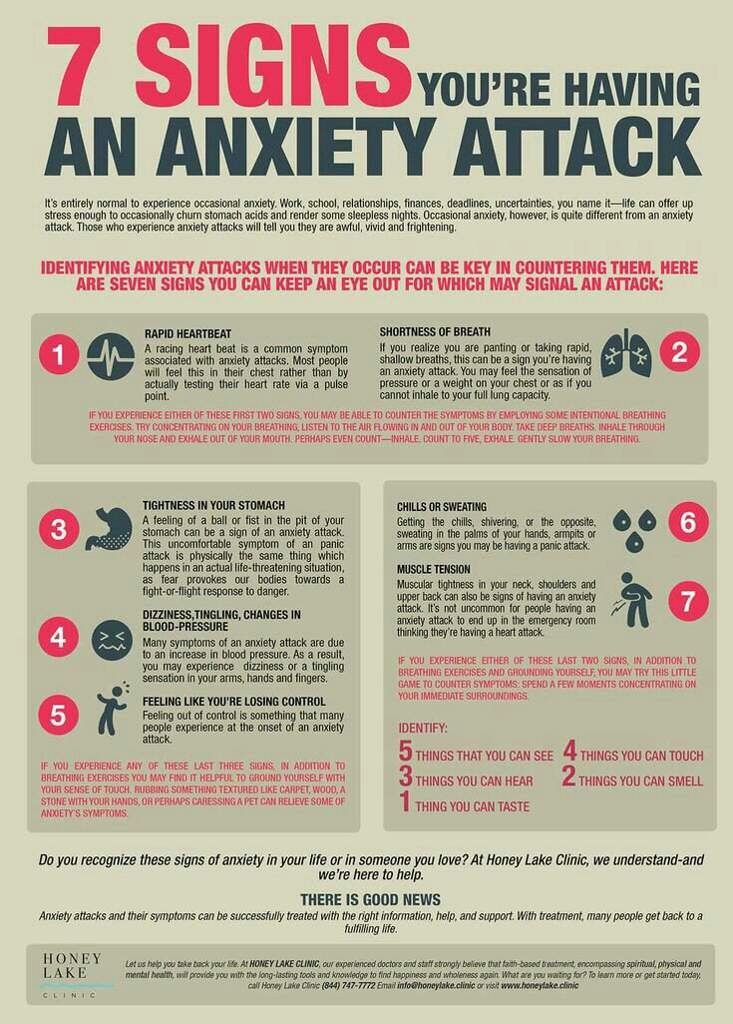
Indeed. Many of us have probably experienced some version or degree of this.
And we’re at a potential inflection point around the sheer idea of new jobs. Millions lost their jobs globally during COVID, and millions of those millions still aren’t back to work.
Plus: now, with vaccines doing a bit better, organizations need to make decisions about what work will look like. Many white-collar workers had a good deal of flexibility during COVID. Things were challenging, no question, but there was a lot of autonomy around how time was spent.
Many workers want that same flexibility, even if there’s an office return -- and if they don’t get that flexibility, they will consider changing jobs. Up to potentially 1 in 2 employees on surveys are indicating they will switch jobs post-COVID.
That’s a lot of new jobs, and thus a lot of new job anxiety.
So how do we deal with new job anxiety, then?
Table of contents
How to get over new job anxiety How long might new job anxiety last? The need to fix onboarding and new job anxiety The bottom lineHow to get over new job anxiety
A few approaches to consider:
Practice self-validation
Some of this is on the manager, for sure. If you are a manager of people, and someone new comes onto your team, on their first day you should sit them down and tell them “Hey, we just went through a competitive, multi-person hiring process and you became the employee. We have total faith in you and we know you will do a great job.”
If you are a manager of people, and someone new comes onto your team, on their first day you should sit them down and tell them “Hey, we just went through a competitive, multi-person hiring process and you became the employee. We have total faith in you and we know you will do a great job.”
What better way to bring someone onto a team than that? That’s the managerial side of the equation.
What if you’re the employee? As you arrive at work or log onto your first video calls, take a slow, deep breath to reset, and remind yourself of this single strength. Imagine yourself using it on the job. Keep it at the forefront of your mind to boost your confidence and reduce your anxiety.
Also consider keeping a gratitude journal, or a journal where you record three things that went well every day -- at the end of a week, you’ll have 21 positive experiences to reflect on and gain strength from.
To a certain extent, we all have a fear of not being good enough, and that definitely reflects in new job anxiety.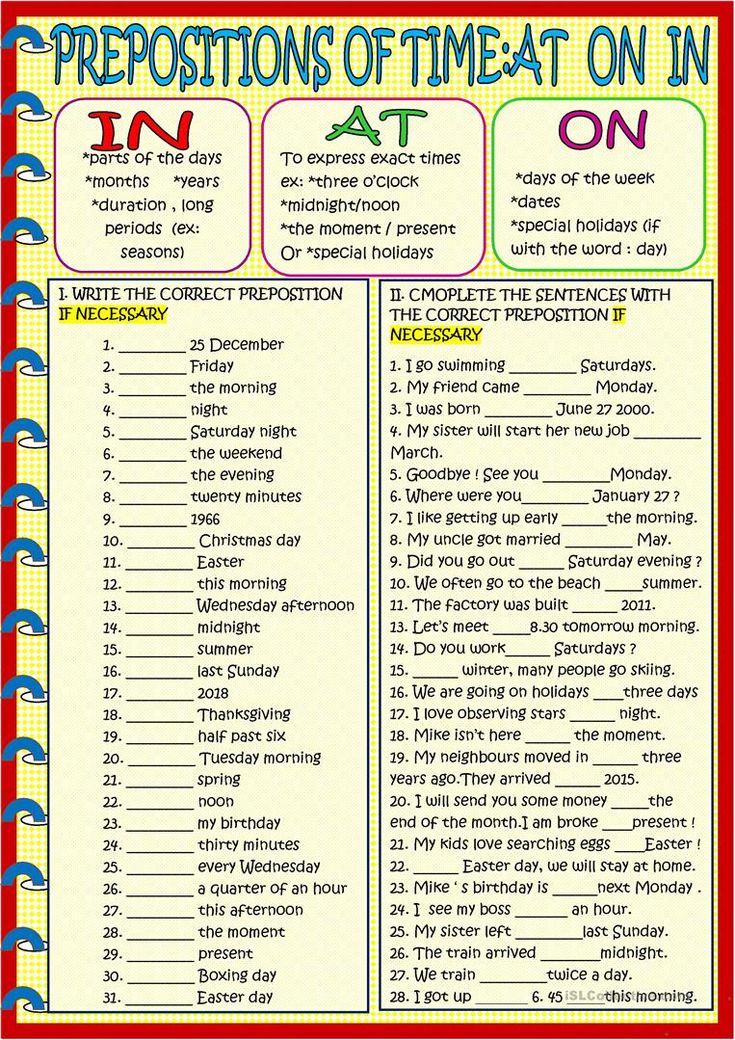
Talk to your friends
Dr. Ericka, Board Certified Psychiatrist, Goodwin Wellness says, “Doubt is a huge source of anxiety. Remind yourself that you can do the job by thinking about all of your qualifications.
If it’s hard to give yourself positive feedback, call a close friend or relative, and have them tell you all of the great things about you and how you are more than qualified for the job.”
Plan a reward
If there’s something you like doing -- happy hour, a gym class, ice cream, etc. -- schedule it for the end of the first day or the first two days of a new job.
That way, whatever anxiety you do end up feeling can be ameliorated by something fun, good, and nice on the back-end.
Get everything ready the night before
This might be the most logistically appealing way to approach new job anxiety. Map out the route you will take to work -- or, if in video call era, map out the calls you have and where the gaps are, where you can eat, when you might be tired, etc.
Map out what to wear. Research some of the people you will be meeting with. See what they share and discuss online -- maybe you can find commonalities as an ice-breaker in your first discussion with them.
Meditate
This doesn’t work for everyone, but it can be helpful in terms of reducing anxiety and calming you down before the first day at a new job.
Related: Get a good night’s sleep, ideally about 8-10 hours if possible. Turn off gadgets and all that before bed. You don’t want something from social media elevating your heart rate, making sleep harder, and you don’t want to see any emails that could make you nervous.
Before work, spend a few minutes practicing some mindfulness exercises.
Allow yourself to be anxious:
Laura Richer, MA, LMHCA, NCMHCE, CHT, founder of Anchor Light Therapy Collective recommends to:
“Normalize anxiety. Allow yourself to feel it. It is normal to feel anxious when we are about to experience the unknown, especially when it is something that we put a lot of weight on, like a new job.Anxious jitters and excited anticipation trigger the same adrenaline response and can feel remarkably similar in the body.”
Remember that all these people have been in your spot too
Some people at a job are very task-driven, heads-down, focused, etc. When someone new starts, they might barely notice you and not make much contact, because they’re focused on their deliverables.
Some people are more aware or more extroverted, and they will come to you. It’s a mix of (A) and (B) in terms of getting to know people. But everyone has been there.
We’ve all been the new kid, the new employee, etc. The experience is fairly universal. All these people got through it and became trusted teammates, veterans, and even promoted employees. You can too.
How long might new job anxiety last?
For most people, it’s likely 1-2 days or the first week of work. It varies completely by the individual, though.
Because imposter syndrome is very real, and especially real in the context of work, some people are in jobs for months and still feel a version of new job anxiety.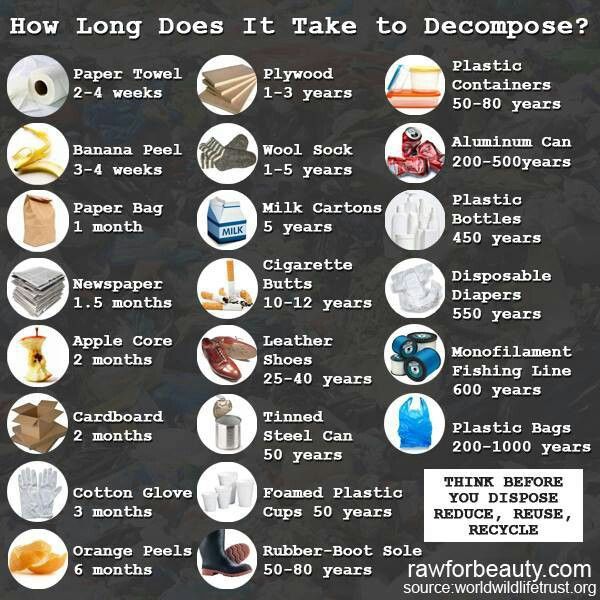 Generally, however, it will subside in a couple of days.
Generally, however, it will subside in a couple of days.
Getting a first major project is often where it pivots, because then it’s less about trying to brand or position yourself or do the small talk that people invariably dislike, and it’s more about showcasing your talents as an employee.
The need to fix onboarding and new job anxiety
Onboarding has been a hot topic for about three to five years now in the HR space, in large part because other terms connected to the early stages of employment have also become “hot.”
Onboarding is deeply tied to employee experience -- it’s the first step of being an employee, after all! -- but has connections to employer branding, candidate experience, and more.
The fact is, onboarding is important. Very important. If you want to reduce new job anxiety in your employees, you need to have a good onboarding program.
But 90% of executives see onboarding as a challenge currently, which makes sense when you consider somewhere around 1 in 5 new hires leave before the six-month mark.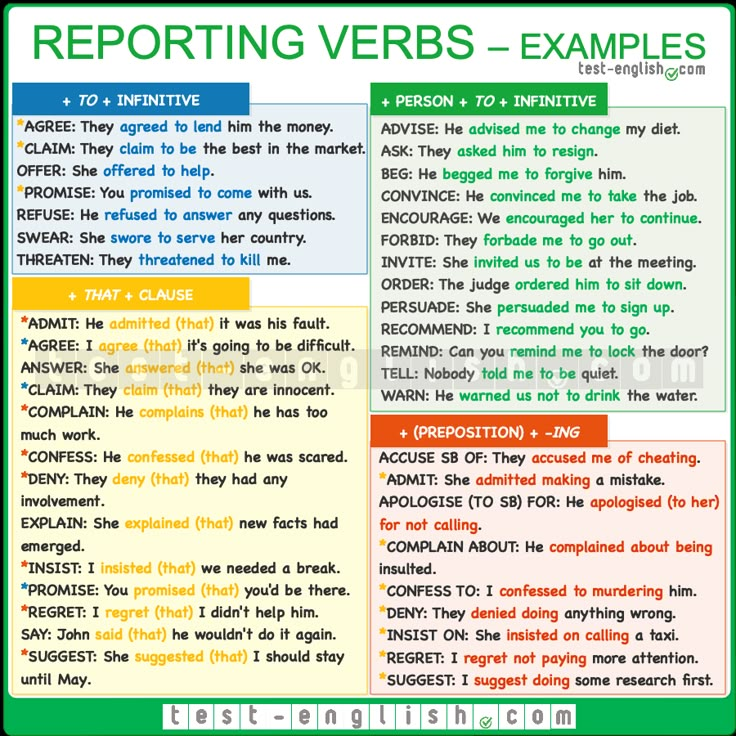 What would make someone jump ship that fast after going through a potentially long hiring process?
What would make someone jump ship that fast after going through a potentially long hiring process?
There are lots of reasons, of course. They could have gotten more money somewhere else rather quickly as a passive candidate.
But in many of those quick departure cases, they were active candidates, meaning that within six months, they’re already looking for jobs -- and probably applying to them on your time while driving up a high turnover rate that has the potential to destroy your team.
How does that even happen?
Well, probably because many organizations don’t even focus on onboarding that much at all:
Only about 3 in 10 view their program as “highly successful,” and 2 in 10 don’t even have a program. That’s the bulk of the problem here. And paradoxically, one of the reasons companies don’t focus as much on onboarding is because they want new hires who will “hit the ground running,” i.e. can instantly be thrown into the deep end of project work.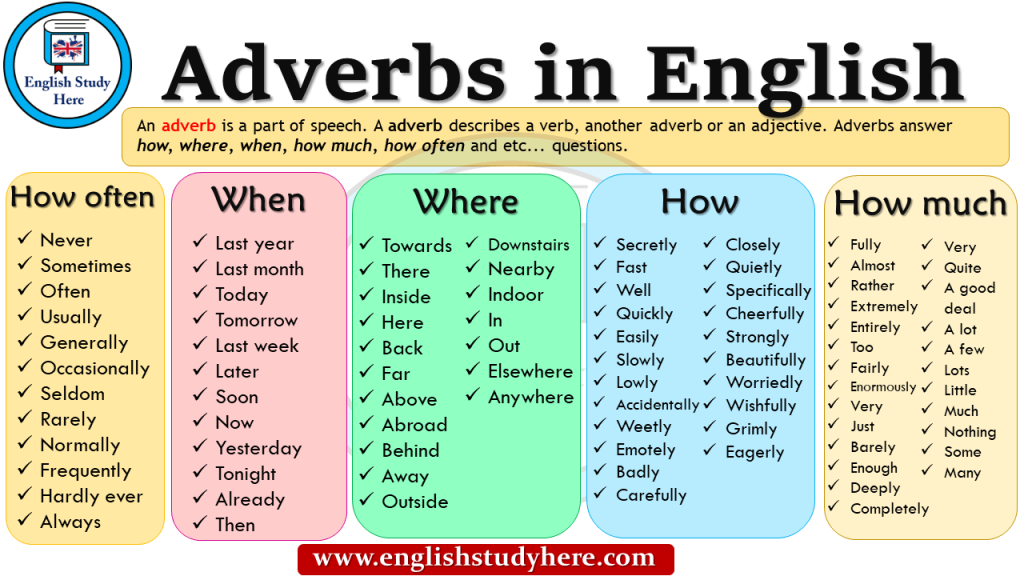 Unfortunately, that “hit the ground running” idea doesn’t line up with the science of how people enter new roles.
Unfortunately, that “hit the ground running” idea doesn’t line up with the science of how people enter new roles.
How do we make onboarding better, then?
We’ll start with Facebook. They’re under siege a bit recently, for sure, but how they onboard speaks to a powerful idea.
Here’s an interview with the author of a book called Chaos Monkeys. It’s about Silicon Valley culture. The author had a company that was acquired by Facebook. Here is an interesting paragraph:
Your first day at Facebook, you’ll have two emails in your inbox. One is a sort of generic, “Welcome to Facebook.” And the second one is, “Here’s a list of software bugs to fix.” On your first day, you’ll pull a version of Facebook’s code to your personal machine that’s your version of Facebook. You’re encouraged to go ahead and make changes, upgrades, improvements, whatever, from day one. You’re actually entrusted with that much authority. Facebook is literally a quarter of the internet everywhere in the world, except China.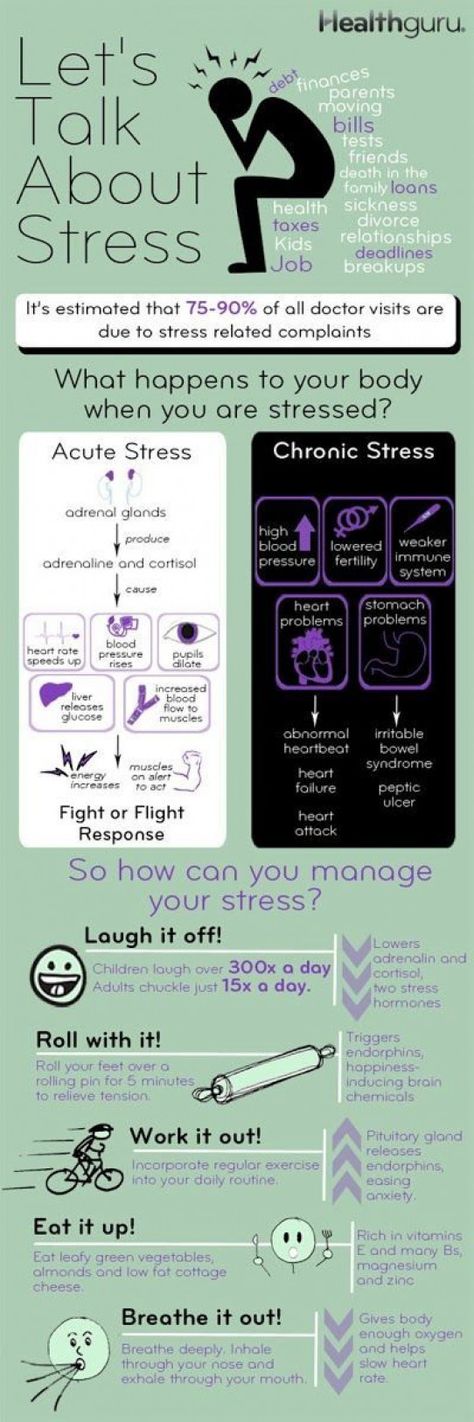 Here, some 22-year-old engineering grad has a version of it on his machine and he’s going to push a change to it today.
Here, some 22-year-old engineering grad has a version of it on his machine and he’s going to push a change to it today.
See how this is different from “Let’s walk through the office and do some generic intros with middle managers?”
This is Day 1 legitimate target-hitting. You’re going to make a difference, in some small way, at Hour 4 of employment. That’s big. It could create more new job anxiety, yes -- because you’d have to perform on your first day -- but for some, it might actually be soothing, because instead of generic introductions and small talk, you can get right down to showcasing your talent and value.
(Note: this is especially true for someone who ranks highly on the F4S work trait “Achievement”. For someone high on Affiliation or Belongingness, skipping the intros would be a recipe for distress.)
We’ve discussed this before in the context of “relational onboarding.”
Now let’s move to John Deere. From an article on “the importance of moments:”
There’s a group at John Deere in India, where they face a really competitive labor market for engineers. On the first day, a new employee is met by a friend they had been corresponding with who shows up with a favorite beverage, and they walk to their cubicle. It’s already set up. In fact, the first email is from the CEO of John Deere, who talks about the legacy that we have, 175 years of innovation. The fact that we’re making products that make people food and give people shelter, so we’re doing important things for the world. He welcomes people to their first day. On the desk is a model of the first file that John Deere ever patented. It was a plow that you could pull behind your oxen or your horses that didn’t get caught up in root systems when you were plowing a field.
On the first day, a new employee is met by a friend they had been corresponding with who shows up with a favorite beverage, and they walk to their cubicle. It’s already set up. In fact, the first email is from the CEO of John Deere, who talks about the legacy that we have, 175 years of innovation. The fact that we’re making products that make people food and give people shelter, so we’re doing important things for the world. He welcomes people to their first day. On the desk is a model of the first file that John Deere ever patented. It was a plow that you could pull behind your oxen or your horses that didn’t get caught up in root systems when you were plowing a field.
See why this would be important and offer instant context for the value of the work to be done now that you’re part of this team?
Next up: Rackspace.
This photo sells fun!
That’s from the onboarding process at Rackspace, which includes music, games, food, a limbo bar, and more. This might seem juvenile to some -- aren’t workplaces supposed to be professional at all times? But as noted business consultant and thinker Robert Poynton (among others) have argued, letting adults embrace the idea of “play” (often left behind in your teens) is a great motivator and incentive to want to come to work and do your best there.
Rackspace (and other companies) build these elements of fun right into the onboarding process. Imagine coming home to your significant other after a day of fun team-building activities like the above photo versus a day of filling out HR forms. Which job are you more excited about? Which one can you already see yourself still at in six to 12 months?
If you’re having fun, will new job anxiety be reduced? Quite likely.
And finally: Buffer, the social automation platform, uses a three buddy system in their onboarding process. The three buddies are:
- A “leader” buddy: This is an experienced member of the team the new hire will enter; this type of buddy is trained on having tough conversations around work elements and culture fit. It’s similar to a conventional mentor.
- A “role” buddy: This is someone who understands, or has previously held, the direct role that the new hire will play. They work with the new hire to understand the specific role and how to maximize performance in it within the first 45 days.
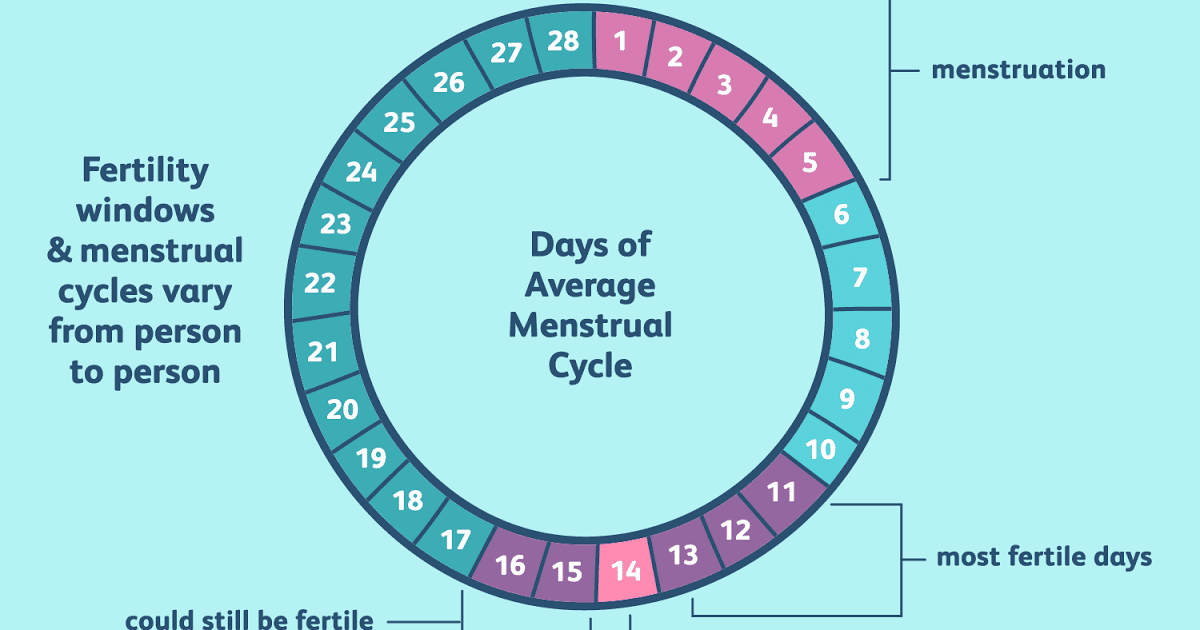
- A “culture” buddy: This buddy helps the new hire learn the unique aspects of Buffer’s internal culture, and helps them navigate to spots where they can fit in or even propose team events.
A new hire is introduced to the buddies prior to official Day One, which speaks to an important element of any onboarding process: There needs to be activity between a signed offer letter and the first day on the job. That can be as simple as giving the hire access to a portal where they can complete forms, (lessening day one paperwork), or it can involve the introduction of work buddies or other team members.
The bottom line
The fourth-grader in the opening story turned out OK. Even though he was stranded in the classroom and not the cafeteria on the first day, he made friends and performed well academically.
You will be OK too. But new job anxiety is very real, and it’s very important that you manage it out either personally or for your direct reports, if you are a manager.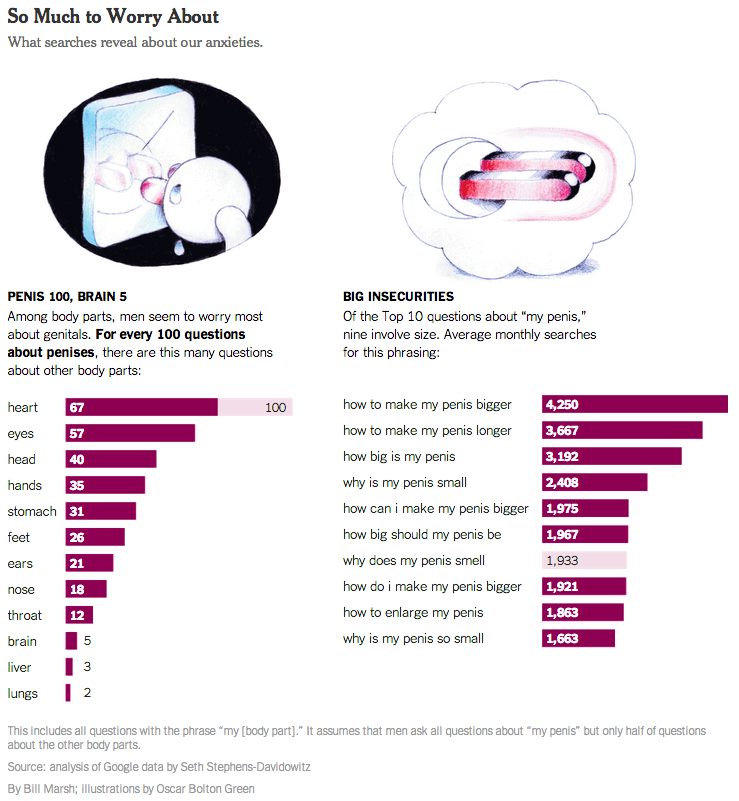 Make your onboarding process stronger. Care about people and allow them to thrive. You may never eliminate new job anxiety, but it can be reduced.
Make your onboarding process stronger. Care about people and allow them to thrive. You may never eliminate new job anxiety, but it can be reduced.
Ditch new job anxiety in minutes with our fast coaching program for Anxiety—get started now.
Overcome new job anxiety with fast AI coaching.
Our programs were designed by world-renowned coaches. Sessions only take 5-15 minutes. Get started for free with your personalized program now.
Loved By:
My Coaching Plan:
Our expert coaches have designed hyper-effective programs that will help
you overcome anxiety.
Coach Marlee (your amazing AI-powered personal coach) will analyse your unique traits and goals to let you know which program to start with (and if there are any you should skip)!
Your recommended programs include:
Reflection & Patience
Develop ‘step back’ mastery for increased self-awareness and tools for sustainable wellbeing.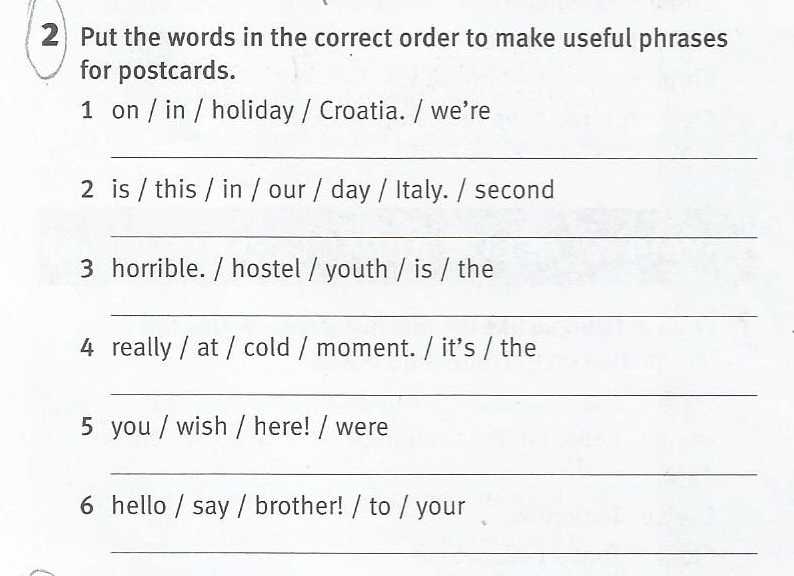 Reflection and patience are core to consolidating learning, development, recharging and achieving work-life integration.
Reflection and patience are core to consolidating learning, development, recharging and achieving work-life integration.
5 - 15 minutes
per session
8 weeks
Show more programs
Hide
Trust Your Gut Feel
Explore, strengthen and stand by what you believe in at work and in life. Trust in your ‘gut feel’ and point of view is especially helpful for meeting your personal needs, health and wellbeing and for living an authentic and meaningful life.
5 - 15 minutes
per session
8 weeks
Vital Wellbeing
In this high impact nine week program Coach Marlee will help you to improve your mental health and general wellbeing while also helping you to break through self sabotage to develop life long skills for emotional resilience and self-esteem. Enjoy weekly cutting edge science backed wellbeing resources from both Marlee and our wellbeing partner Blisspot.
5 - 15 minutes
per session
8 weeks
Testimonials
This is some text inside of a div block.
“The new Team Building program by Coach Marlee is amazing! I always believe in team work, and understanding your team dynamics does the magic!“
This is some text inside of a div block.
“I learned how to chunk up and see the bigger picture before turning to the details”
Show more testimonials
Hide
This is some text inside of a div block.
“I learned how to chunk up and see the bigger picture before turning to the details”
This is some text inside of a div block.
“The Trust Your Gut coaching program with Marlee was simply amazing. It really helped me to reflect on my decision making style in a new light and boosted my confidence. I 200% recommend!”
This is some text inside of a div block.
“I have always found it hard to ‘slow’ down but this helped me to see how I can slow down to speed up”
This is some text inside of a div block.
“I discovered I need to be conscious of where I want to go - to get there”
This is some text inside of a div block.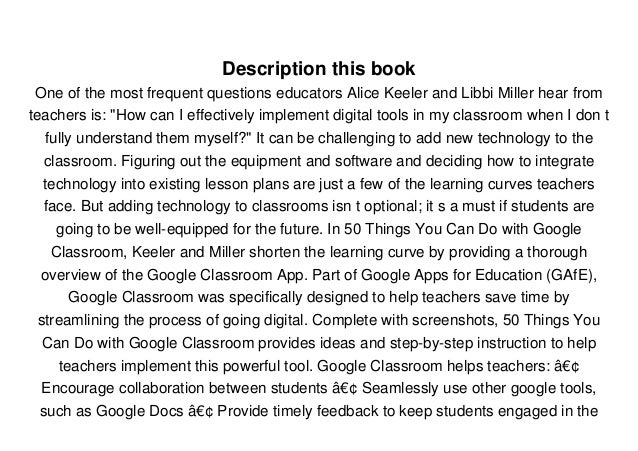
"Marlee really helped me to understand how to cue in on body language and tone when speaking with others, in order to connect on a deeper level"
This is some text inside of a div block.
“This program helped me kickstart my journey to wellbeing. Never could I have imagined an AI coach being this good - as if you're talking to a real human and how Marlee made me accountable to my goals. Super awesome experience that you definitely got to try!”
Start personal coaching for free
Share:
My Coaching Plan:
Our expert coaches created the following plan to help
you overcome new job anxiety:
Reflection & Patience
Trust Your Gut Feel
Vital Wellbeing
Try wellbeing coaching
Toolkit
WRITTEN BY:
Ted Bauer
Grow your people, grow your company.
Our tools are trusted by teams like Canva to help improve:
Wellbeing
Performance
Team Dynamics
Attract & Retain Talent
See Canva case study
Hack your life & work
Meet the world’s first A.
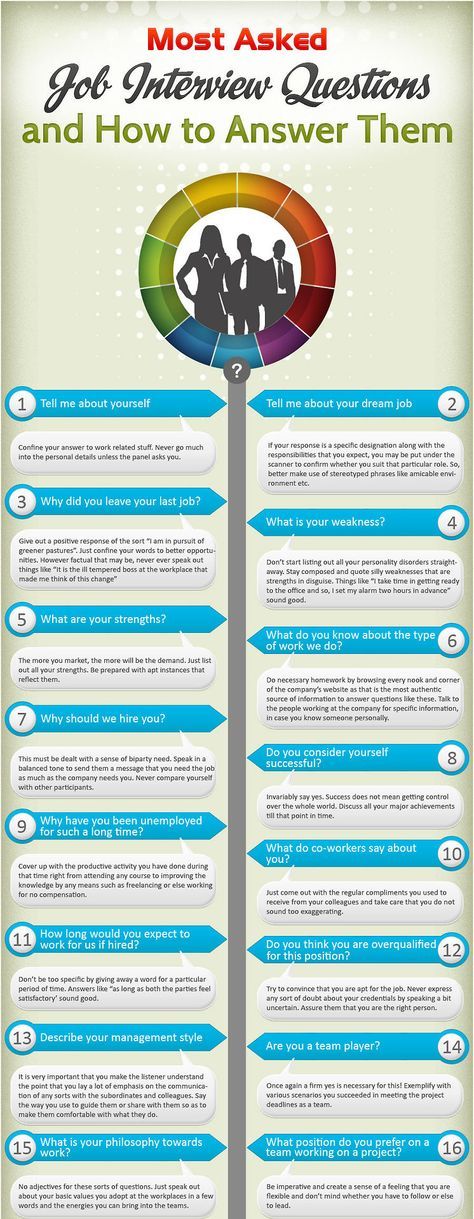 I. Coach!
I. Coach!Get started for free with personal (or team) coaching.
Programs are designed by world-renowned coaches & delivered by our incredible (AI-powered) Coach Marlee.
Sessions take just a few minutes and are 100% personalized to fit your unique traits and goals.
Meet your personal coach!
Guides
F4S App
Case Studies
10-min Coaching Videos
Motivational Traits
Free Demo
Quick Tip Videos
App FAQs
Masterclasses
10 Tips for Overcoming Your Nerves
Jump to section
What is new job anxiety?
Is it normal to have anxiety when starting a new job?
5 symptoms of new job anxiety
How to overcome job anxiety
4 extra tips to boost your confidence at work
Moving forward
Congratulations — you've just landed your dream job.
That’s good news.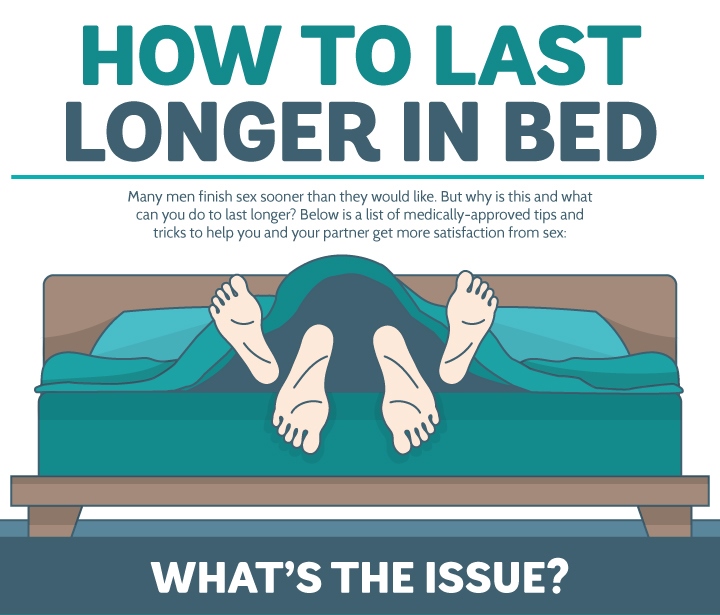 You're proud of yourself. And you should be.
You're proud of yourself. And you should be.
It’s also bad news. You’ve landed your dream job — now what?
Your first day is approaching, and anxiety is creeping in. You’re thinking about how important it is to make a good first impression with your new colleagues. You're already rehearsing your introduction. You want to establish your competence and authority and set good boundaries. You also want to make sure your new boss likes you.
Thinking about all this makes your palms sweat and heart rate jump.
New job anxiety has set in, and you haven’t even started yet. Some new job anxiety is inevitable, but that doesn't mean it has to stay. Learning what new job anxiety is and how to overcome it will make for a better, less stressful transition to your new job.
What is new job anxiety?
People sometimes call job anxiety the jitters, and it happens to anybody and everybody. Anxiety itself occurs when we experience change or new situations, so adjusting to a new job is a prime time for it to strike.
Many things about your new job can induce anxiety. You have a new workplace to get used to commuting to, a new office, new managers. Everything is new, and you aren't comfortable yet. Perhaps this is a significant career change for you, and you're anxious about avoiding failure.
Or, you could be worried that your new workplace will cause burnout and that toxic leadership lurks around the corner.
Pointing it out and acknowledging your anxieties is a good start to overcoming them.
If you already struggle with your mental health, starting a new job with anxiety or depression feels impossible — but trust us, it’s not.
Is it normal to have anxiety when starting a new job?
New job anxiety is so normal that it's likely more surprising if you don't experience any anxiety when starting a new job. Almost uncommon and suspicious even. People wonder how long new job anxiety lasts, and for that answer, it all depends on the individual themselves.
For some, it only lasts the first week, during their onboarding.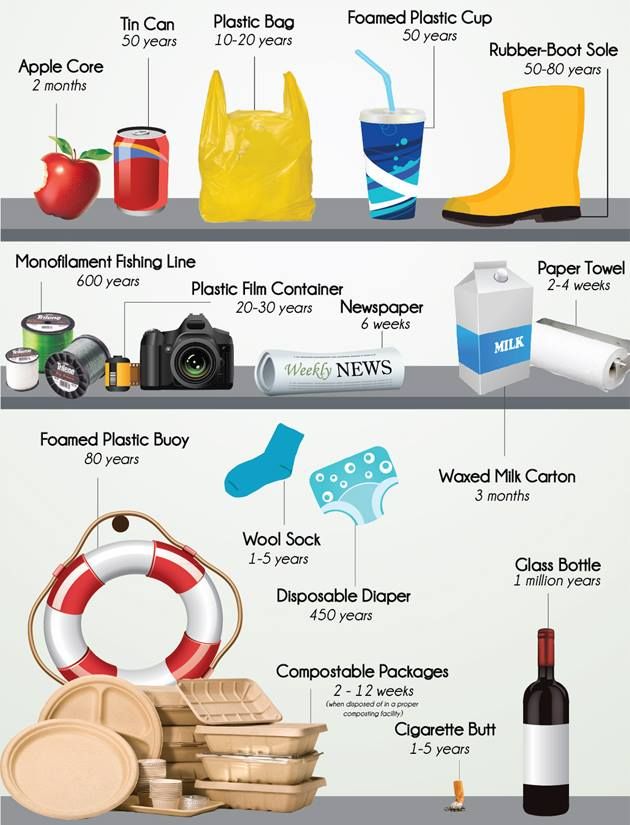 For others, the anxiety can last several weeks. It can come and go throughout the day, depending on your tasks or who’s in your meetings.
For others, the anxiety can last several weeks. It can come and go throughout the day, depending on your tasks or who’s in your meetings.
It's natural to feel anxious in any new situation, so why look at new job anxiety differently? You're starting from scratch in a new role with new people.
5 symptoms of new job anxiety
Anxiety makes itself known in both physical and mental ways. Some people experience sweaty palms, while others get headaches. Here are five symptoms of work anxiety that you may feel when starting a new job:
- Your appetite has disappeared
- You're physically exhausted and mentally exhausted after each day
- Your heart rate has increased
- Your mind is filled with imposter syndrome
- You’ve become more self-conscious about everything
Just because some anxiety is expected, doesn’t mean you have to suffer or continue to feel overwhelmed by work in your personal time.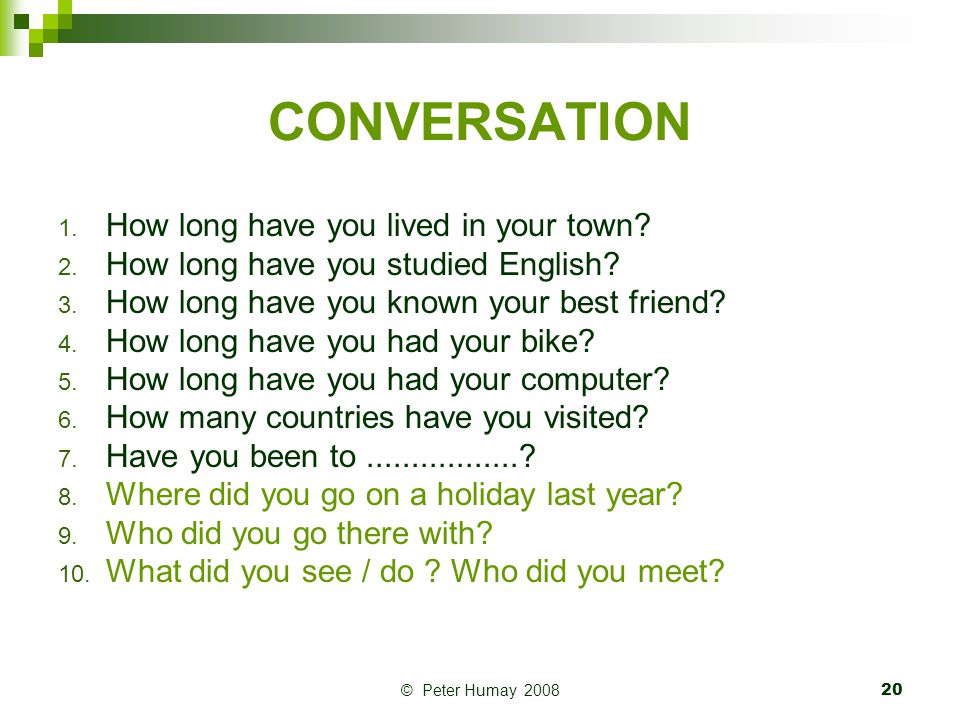 A BetterUp coach can provide the support and guidance you need to understand your anxiety and symptoms and work to overcome them.
A BetterUp coach can provide the support and guidance you need to understand your anxiety and symptoms and work to overcome them.
How to overcome job anxiety
You want to get over your new job anxiety to enjoy your new role and get into your new work. Remember how much effort you put into landing this new position? Don’t let that go to waste by sinking into self-criticism or negative self-talk. Unchecked anxiety can lead to burnout or self-sabotage.
Check out these 10 coping strategies to help you deal with new job anxiety:
- Avoid all-or-nothing thinking and ask for feedback to learn as you onboard into your role
- Practice deep breathing exercises
- Check-in with loved ones to take your mind off work
- Take notes during your onboarding and training
- Stop comparing yourself to other more experienced employees
- Remind yourself that your employer hired you for a reason — use positive affirmations
- Watch and learn from other coworkers to see how they tackle work
- Identify and name what is making you anxious
- Practice emotional regulation.
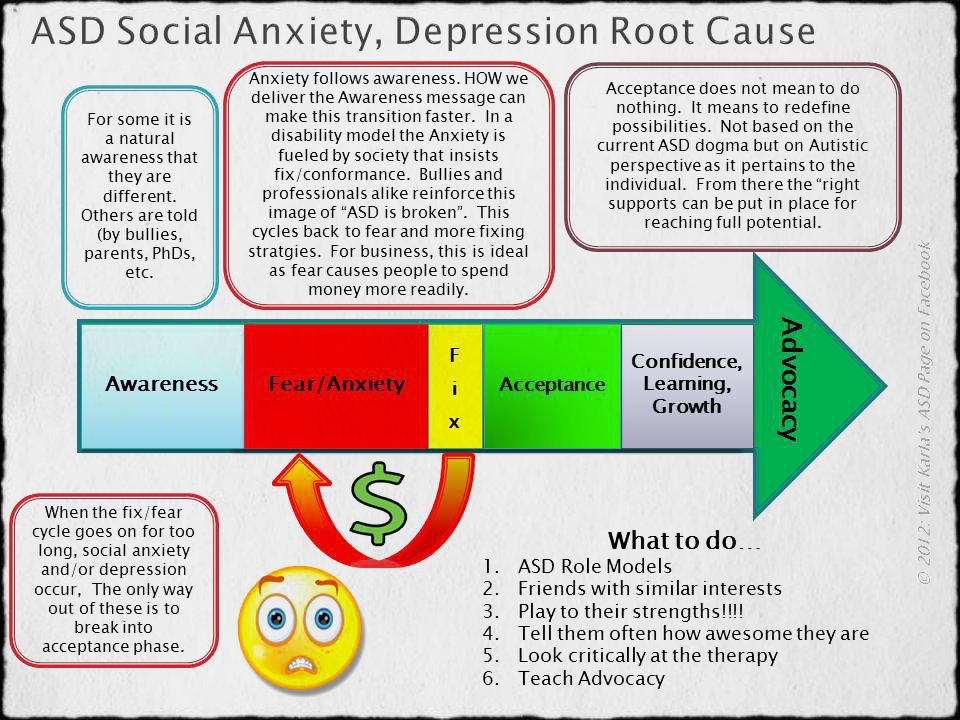 Let yourself feel your emotions, but don't let them consume you
Let yourself feel your emotions, but don't let them consume you - Remember that you aren't the only one who's ever felt new job anxiety
4 extra tips to boost your confidence at work
Waiting for new job anxiety to pass won't do you much good, and if we don't try our best to cope with our anxiety, it could worsen. Understand that you can face your anxiety yourself rather than wait for things to improve.
Read these four tips to give your confidence a boost:
1. Make an effort to connect with people
Seeing a friendly face around your new office helps ease our nerves and makes us feel more relaxed. Knowing that we have new co-workers around us to ask questions, eat lunch with, and chat with makes a huge difference.
Even if you make friends slowly, connecting with your new colleagues will ease feelings of anxiety. It will also strengthen your collaboration and teamwork skills, which makes work easier.
2.
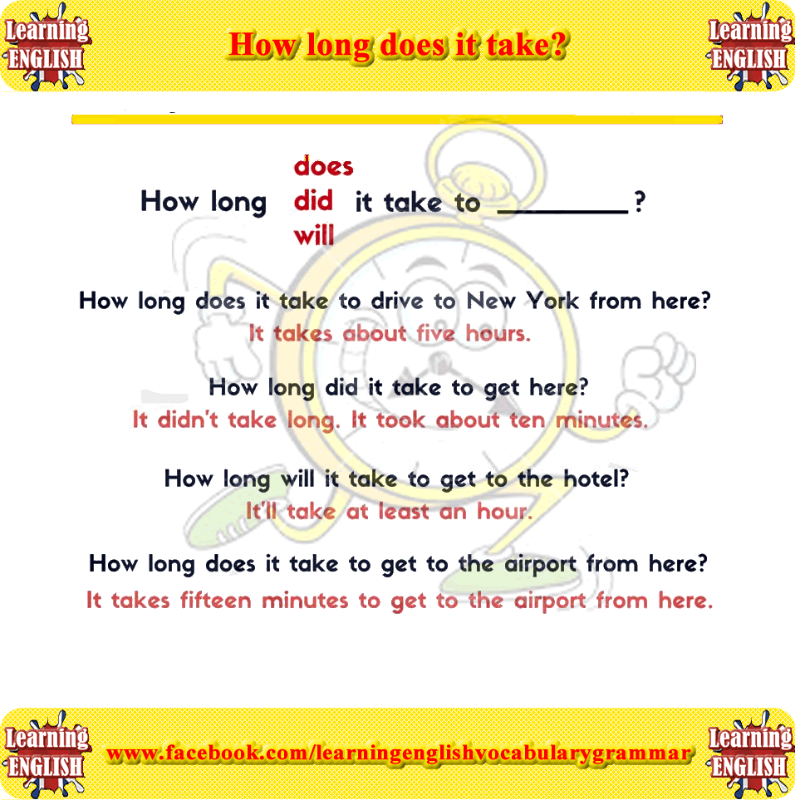 Start with a good morning routine
Start with a good morning routineIt's all in the preparation. Before you head off to work, let yourself have a relaxing morning. Eat a good breakfast, listen to your favorite music, or play with your pets. Let your mornings feel calming rather than rushed so you don't walk into work feeling overwhelmed.
Practice the commute before your first day so you know where to go, and time how long your morning routine takes you so that you're more organized and ready to start your day on the right foot.
3. Celebrate your achievements
Did you complete your first day at work? That calls for some celebration. Each day that you get through or each time you've had a job well-done, make sure that reward yourself for it. The more we recognize our successes, the more our confidence builds.
We see that we're capable of creating change, and it squashes feelings of self-doubt, too. Celebrating our achievements can be done by practicing self-care, like enjoying some ice cream or doing some mindful meditation.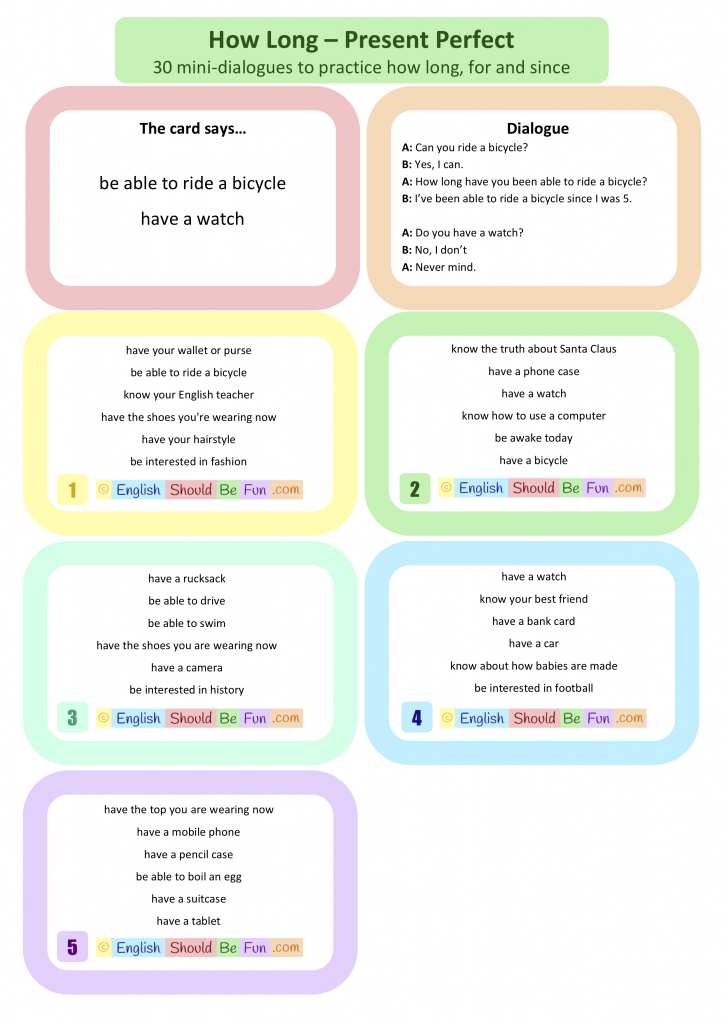
4. Adopt a positive attitude and growth mindset
You did land this new job, right? They chose you to fill this role. It's an opportunity to grow and expand your skill sets. New situations are often uncomfortable, but they’re also exciting. Cultivating a positive mental attitude while you navigate these new experiences will help you reap the benefits, now and in the future.
Making mistakes fuels your growth and learning — and everyone does it from time to time.
Moving forward
We can’t emphasize enough that feelings of anxiety when you start a new job are normal. It doesn’t mean that you’ve made a horrible mistake. Don’t hit send on that email begging for your old job back!
Even the most successful CEOs have experienced new job anxiety. But that doesn't mean you should roll over and succumb to thoughts that serve no good purpose.
In the moment, it feels like you don't belong (because you don’t yet — belonging takes time). But you have to make an effort to counter those negative thoughts with positive ones.
When we try our best to understand our worth and all that we have to contribute to our new jobs, with time, we'll look back and wonder what we were so nervous about in the first place.
Find someone to help you stay focused on your wellness while growing your career. BetterUp can provide the guidance you need to develop the resilience and mental fitness skills to cope with work anxiety and any other bumps that come your way.
90,000 to leave during probation - a stain on a career?Imagine: you are entering a new job, looking forward to great tasks, dreaming of meeting new colleagues. But already in the first hours, an anxious feeling appears: “What if I made the wrong choice?”
Example 1. Camille chose the company mainly because of the personality of the manager she wanted to work with. But on the very first day at a new job, I found out that the manager was leaving the company in a week. nine0005 Example 2. It was a surprise for Svetlana on her first day of going to work that her workplace would be in a different office, not as cozy and comfortable as the one where the interview was conducted, and it would take significantly more time to get there than she did ready to spend. Example 3. Only after receiving the employment contract for signing, Sergey found out that the salary is less than half of the monthly income that he was promised at the interview, the rest are bonuses, the payment of which is not guaranteed. The level of monthly income without a bonus did not suit him at all. nine0005
Example 3. Only after receiving the employment contract for signing, Sergey found out that the salary is less than half of the monthly income that he was promised at the interview, the rest are bonuses, the payment of which is not guaranteed. The level of monthly income without a bonus did not suit him at all. nine0005 Still lucky, if you figure out that everything is not as it seemed at the interview, you succeeded on the very first day before you made an entry in the work book. You can just leave and not remember this experience, regretting only the time spent. But what if strong doubts about the correct choice of work appear later - in the first week or first months, when you delve into the "inner kitchen"? It is psychologically more difficult to leave at this stage.
Example 4. Anton, a financial manager, in the first few days in a new job realized that the work with Big Data, for which he got a job here, does not even smell here yet. First you need to put things in order in the department, in which, as it turned out, the team has changed for the third time in a year.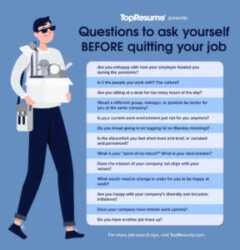 nine0005 Example 5. Olga started a new job in a company where she had long dreamed of getting into, and was disappointed in the first month. She strongly disliked colleagues from the department and their style of communication with each other and with her. She felt like a stranger and realized that she would never settle down here.
nine0005 Example 5. Olga started a new job in a company where she had long dreamed of getting into, and was disappointed in the first month. She strongly disliked colleagues from the department and their style of communication with each other and with her. She felt like a stranger and realized that she would never settle down here. By the time you get a job, you are most likely already tired of the job search process, you may have passed several interviews in different companies. Finding a job is an energy-intensive task. It is usually hard to imagine that it needs to be started anew. Yes, and enthusiasm dries up, thoughts appear: “What if it won’t be better anywhere?”. nine0003
If you left another job for the sake of this job, having told your former colleagues what a wonderful offer you received, then it is all the more difficult to leave a new job right away. And it’s not always possible to figure out how justified the worries are. If you didn’t like the team, the leader, the internal arrangements, the load turned out to be greater than you expected, maybe it’s out of habit, and then “be patient - fall in love”, get involved and become easier?
According to many psychologists, sociologists and HR-specialists, on average, adaptation to a new job and getting used to the company's culture lasts six months.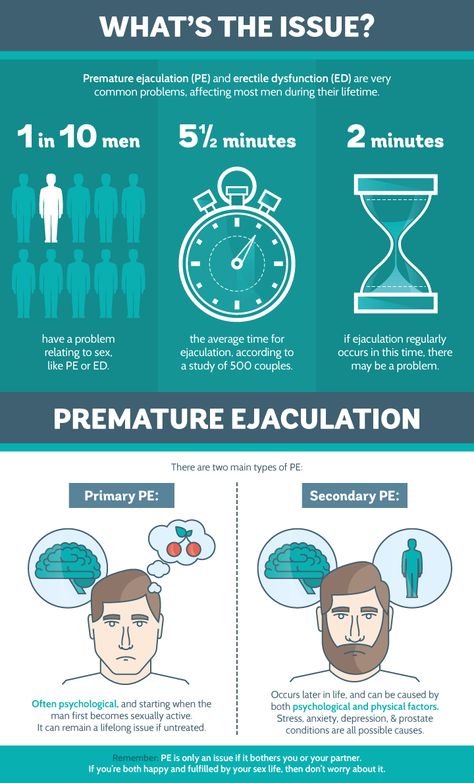 In the first month it is difficult to evaluate your impressions objectively, because literally everything is difficult in the first month. nine0003
In the first month it is difficult to evaluate your impressions objectively, because literally everything is difficult in the first month. nine0003
Of course, such things as gross deceit, violation of rights, insults, crossing personal boundaries, should not be tolerated for a day. In the situations described above, these are examples 2 and 3. In example 4, there also seem to be signs of misleading, although it is possible that Anton himself did not fully figure out at the interview stage what conditions he was called into. The company shows signs of trouble (frequent team changes), but perhaps there is room for growth.
But it is not worth keeping silent about less egregious reasons for discomfort, as well as about the fact that your expectations, which were formed in the process of agreements, diverged from reality. The first months of your work in the company are adaptation. In serious companies, managers and HR specialists understand this. Tell them about your discomfort, doubts, suspicions.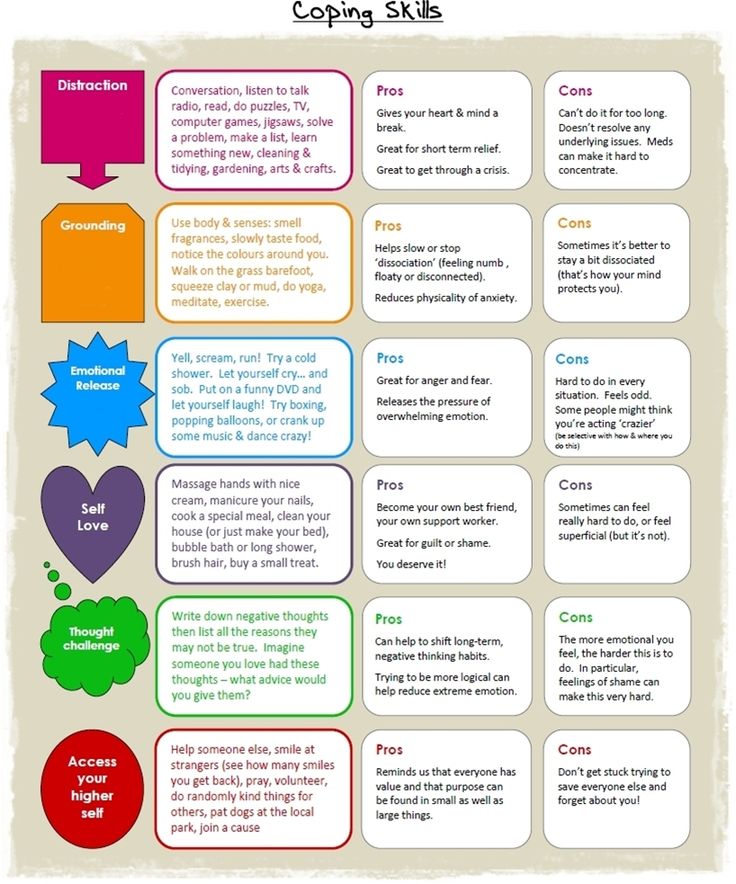 In companies with a strong corporate culture, you will be supported. And if you receive a negative reaction in response, this will become an additional basis for conclusions. nine0003
In companies with a strong corporate culture, you will be supported. And if you receive a negative reaction in response, this will become an additional basis for conclusions. nine0003
Alina Mudraya, Operations Director of the Values Value recruitment agency, recommends first of all to admit that you, like any person, have the right to make mistakes.
For herself, Alina identified two important indicators of self-awareness, which should be guided by when deciding whether to leave or stay in the hope of adapting.
Think of your acquaintances and friends who work in places where you could not spend a single day. Your impressions may be radically different from those of your friend, despite the fact that the company may be the same and the working conditions do not change. Keep track of what's happening to you. nine0003
The expert recommends tracking how your emotions, thoughts and feelings change in the first days, first weeks and months in a new place:
- Are you making progress and are you becoming more comfortable (clearer, calmer) in a new company? So the challenge is accepted - you have enough resources to master the new experience.

- Is it only getting worse, more stress and frustration? Looks like quitting is the best solution.
But before you leave the company, why was it so important for you to find reasons to leave or stay? If the reason for the dissatisfaction was absolutely unacceptable to you, would you probably leave right away? If the difficulties are surmountable, then Alina the Wise recommends remembering the saying "Whoever wants, he is looking for opportunities, who does not want - looking for reasons." nine0003
Try to objectively compare the conditions that you did not like in the company with those of other employers. Ask your friends from your professional circle how they are, read what is happening on the labor market in your field, what are the trends.
Watch your colleagues and your environment in general. What kind of relationship do you have with them? How do they (mostly) feel about the conditions in the company?
Ask new colleagues and management for feedback - what is their impression of you and your abilities and potential? Also remember that you have every right to clarify all doubts and inaccuracies in the agreements, and when the agreements are violated, be sure to signal this! nine0003
Natalia Dubinnikova, career consultant, advises not to delay the decision in the following cases:
Non-fulfillment of agreements by the employer. Most often this concerns wages and registration. “Work with us for a couple of months, if we see that you are suitable, then we will formalize it, increase the salary, assign a bonus,” if the employer is talking like that, Natalya advises boldly to say goodbye and leave. This is a hopeless story. But if everything turned out to be not quite as you imagined, although no one promised you otherwise (for example, you thought that the load was less, but the functionality was more interesting), then here you need to proceed from how fundamentally important it is for you to what you set up. nine0003 Natalia worked as the only technical writer in a small company for many years, she was known and loved, and interesting projects always appeared. However, there were no growth prospects. One day, she received an invitation from a large fintech company and went to an interview out of sheer curiosity. She was almost immediately offered the position of head of the technical writing department and a salary of 20% more than the current .
Most often this concerns wages and registration. “Work with us for a couple of months, if we see that you are suitable, then we will formalize it, increase the salary, assign a bonus,” if the employer is talking like that, Natalya advises boldly to say goodbye and leave. This is a hopeless story. But if everything turned out to be not quite as you imagined, although no one promised you otherwise (for example, you thought that the load was less, but the functionality was more interesting), then here you need to proceed from how fundamentally important it is for you to what you set up. nine0003 Natalia worked as the only technical writer in a small company for many years, she was known and loved, and interesting projects always appeared. However, there were no growth prospects. One day, she received an invitation from a large fintech company and went to an interview out of sheer curiosity. She was almost immediately offered the position of head of the technical writing department and a salary of 20% more than the current .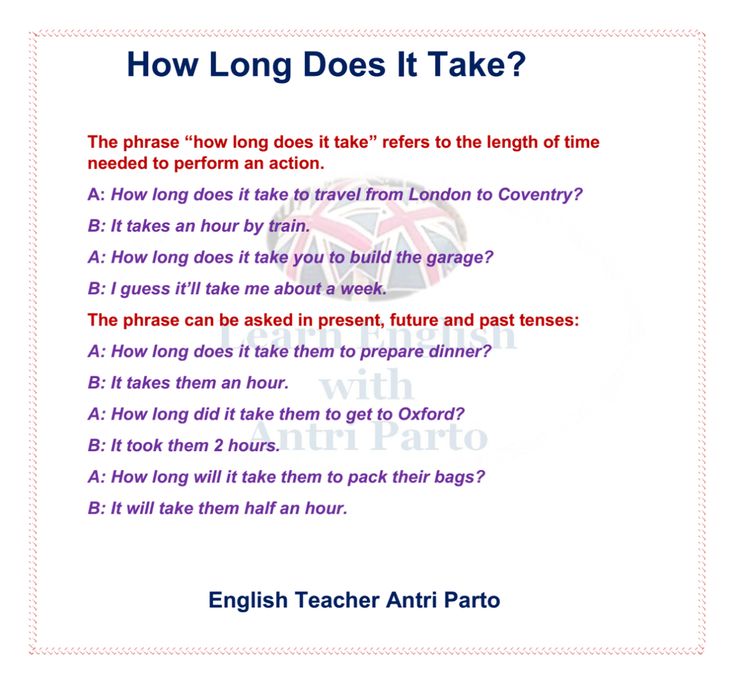 When Natalya got a new job, everything turned out to be “a little different”: although the cherished line “department head” appeared in her work book, she did not have any team. According to the HR manager, the team was to be recruited in about six months. The promised salary was divided into salary and a quarterly bonus. It turned out that Natalya did not gain anything from the transition. In addition, the new company had stricter rules than those to which she was accustomed: she had to come to work strictly by 9:00, regardless of what time the working day ended yesterday - at 18:00 or at 22:00. were fined for being late. After two weeks at the new job, Natalia plucked up the courage to call her former employer. They have not yet found a replacement for her, and she happily returned.
When Natalya got a new job, everything turned out to be “a little different”: although the cherished line “department head” appeared in her work book, she did not have any team. According to the HR manager, the team was to be recruited in about six months. The promised salary was divided into salary and a quarterly bonus. It turned out that Natalya did not gain anything from the transition. In addition, the new company had stricter rules than those to which she was accustomed: she had to come to work strictly by 9:00, regardless of what time the working day ended yesterday - at 18:00 or at 22:00. were fined for being late. After two weeks at the new job, Natalia plucked up the courage to call her former employer. They have not yet found a replacement for her, and she happily returned.
You cannot establish contact with the team and the leader. We spend most of our lives at work, so it is very important that relationships with people and the atmosphere inside are comfortable.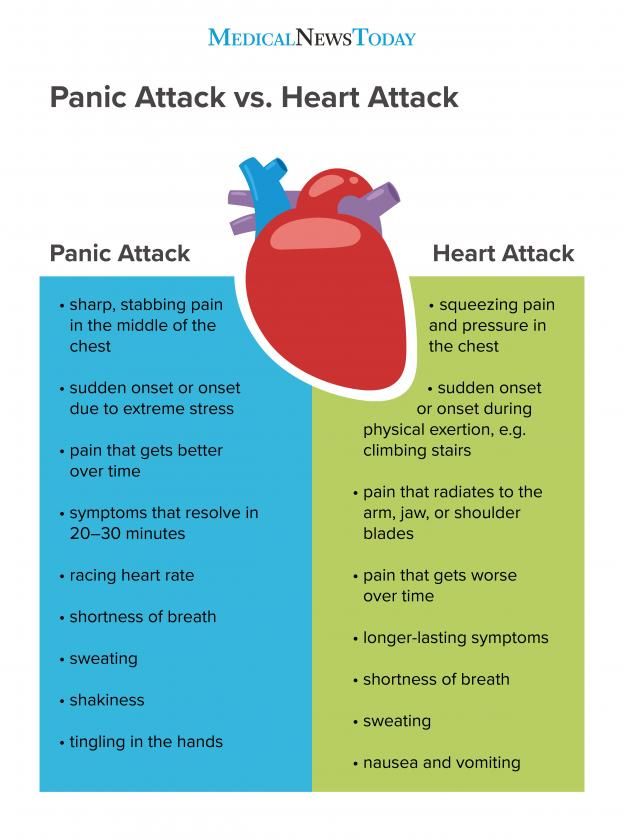 Were you, as a newcomer, met with pointedly unfriendly? Do you see that there is a difficult conflict situation in the team, from which it is impossible to ignore? Does the leader have a very difficult character? And all this is a lot of stress for you? It is unlikely that you will get used to such an unhealthy environment, and you should not do this. nine0003
Were you, as a newcomer, met with pointedly unfriendly? Do you see that there is a difficult conflict situation in the team, from which it is impossible to ignore? Does the leader have a very difficult character? And all this is a lot of stress for you? It is unlikely that you will get used to such an unhealthy environment, and you should not do this. nine0003
Corporate culture disgusts you. “This is something that you can immediately feel,” explains Natalia Dubinnikova. - In my practice, there were cases when every working morning began with a construction. It was necessary for all employees to line up at a certain time and wait for the arrival of the head (this was a Korean company). Not everyone is ready for this."
Sometimes in a situation where there is not the slightest doubt that you made a mistake in choosing a job, the fear of being branded as a "flyer" who does not know what he wants, or who failed the probationary period, prevents you from leaving quickly. It's no secret that employers are suspicious of candidates with a short period of work. How to look for a new job with such a “spot”, if it is no longer possible to return to the previous one? nine0003
It's no secret that employers are suspicious of candidates with a short period of work. How to look for a new job with such a “spot”, if it is no longer possible to return to the previous one? nine0003
Leaving probation is not a disaster. Career consultant Ekaterina Troitskaya, in response to such concerns, recommends remembering: the very concept of a probationary period implies that not only the employer evaluates you, but you evaluate him.
According to the Labor Code, in case of dismissal during the probationary period, it is enough for you to notify the employer three days in advance, and not two weeks in advance, as usual. And this rule appeared not just like that.
“Unfortunately, not everything about the job and the features of the company can be formulated in the job description and told at the interview. There is information that is simply inappropriate to bring out, and there are things that are not spoken out because they are considered insignificant, although for some of the applicants they are important, they affect the work process and personal results, says Natalya. — Even if the future employer does not deliberately deceive or distort information, applicants still have a rather large “gray” field. Inside it, there may be factors that are critical for deciding whether to work for this company. The probationary period exists, among other things, in order to look around on this field. The sooner you realize that this place is not for you, the better. Your career will not benefit from being here for a long time. nine0003
— Even if the future employer does not deliberately deceive or distort information, applicants still have a rather large “gray” field. Inside it, there may be factors that are critical for deciding whether to work for this company. The probationary period exists, among other things, in order to look around on this field. The sooner you realize that this place is not for you, the better. Your career will not benefit from being here for a long time. nine0003
This is not a spot on a career. Don't worry too much about a bad job history. Every adequate employer understands that anyone, even the best employee, can find themselves in a situation where expectations diverge from reality. This is no reason to consider your professional reputation tarnished.
“Don't be embarrassed by the short period of work in the company,” Natalya Dubinnikova agrees with her colleague. - To be honest, I would not even mention it in my resume. A potential employer is interested in your results, not a formal list of jobs, but you can hardly talk about results in 1-2 months. If you are asked a question at an interview about this period of time, then answer honestly, but carefully. Believe me, it would be much stranger to the next employer that you endured a hateful job for a year just for the sake of a line on your resume and did not bring any results. nine0003
If you are asked a question at an interview about this period of time, then answer honestly, but carefully. Believe me, it would be much stranger to the next employer that you endured a hateful job for a year just for the sake of a line on your resume and did not bring any results. nine0003
What to say if you were asked about that experience. “Of course, you need to start from each specific case and there is no universal advice,” says Ekaterina Troitskaya. — But there are two principles that are important for any interview: to be honest, but also not to say too much. If you voice the real reason for your departure, then this will serve as a kind of insurance against the fact that the situation will not happen again in the next place. To a new employer, this story immediately shows what exactly you will definitely not tolerate. nine0003
In this case, Ekaterina calls any value judgments about the past employer, the transition to personalities, as well as attempts to appoint someone to blame as superfluous information. Self-flagellation will also be inappropriate. “Even if you think that you yourself made a mistake that time, well, draw conclusions and do not repeat the mistakes. Yes, it is important to tell the truth and be open during an interview, but you should not confuse it with a confession, ”concludes Ekaterina.
Self-flagellation will also be inappropriate. “Even if you think that you yourself made a mistake that time, well, draw conclusions and do not repeat the mistakes. Yes, it is important to tell the truth and be open during an interview, but you should not confuse it with a confession, ”concludes Ekaterina.
Look at this story as an experience - now you know even better what works for you and what doesn't. Successful search! nine0003
Refresh CV
why it's scary to change jobs and what to do about it — Work.ua
The best job is waiting for you. This article will introduce you to the fears that prevent you from moving forward, and ideas on how to overcome them.
Nobody quits a good job just like that. There must be good reasons for this: lack of career growth, problems in the team, low salary, dismissive attitude from management, etc. But even under such circumstances, deciding to change jobs can be oh so difficult. Why? The reason may lie in fear. nine0003
nine0003
Work.ua talks about phobias that prevent you from getting off the ground and gives tips on how to overcome them.
First fear. Changes
Yes, any changes are accompanied by discomfort. And job changes, too. But do not think that in your case everything will necessarily be bad. It will just be different.
Think about it, we spend about one third of our lives at work. This is a lot. So can we continue to remain unclaimed, underestimated, let us not pay extra or humiliate us? Definitely not. nine0003
What to do:
- It is possible to experience change without pain and fear. Your main task is to stop scrolling through the negative scenario in your head. Persistently think that the new position will bring only positive changes.
- Think of all the times when you turned down something very good because you were afraid of change. Draw your own conclusions.
- Write on a piece of paper all the potential benefits of possible changes from a job change and periodically return to what you have written.
 Do not mention the cons, let only the positive outcome of the case live in your subconscious. nine0036
Do not mention the cons, let only the positive outcome of the case live in your subconscious. nine0036
Second fear. Can't find a new job
A very strange phobia. There is always work, even in times of crisis, even when your neighbor cannot find a suitable position for the second year in a row, even if the media trumpets about rising unemployment.
On average, job seekers find a new job within 3-6 months. The duration of the search depends on the field of activity, experience and the situation on the labor market. But in any case, you will find it, your relevant position.
Another question, if the cause of your worries is your lack of competence and confidence that you are unlikely to be needed by anyone other than your current employer. But here you still need to figure out if this fear is not far-fetched. nine0003
What to do:
- It may be unethical to look for a new job without leaving the old one, but in this case it is a forced measure.
 Acting according to such a plan, you will prepare yourself mentally and financially for changes, you will have more time to look for a job that you have been dreaming of for a long time.
Acting according to such a plan, you will prepare yourself mentally and financially for changes, you will have more time to look for a job that you have been dreaming of for a long time. - If you quit your job and there is no suitable replacement, find a temporary job. This is your insurance. It will relieve fear and the need to accept the first offer that comes across. But be careful not to let a temporary part-time job become a lifetime job. nine0036
- Think about whether you underestimate your importance. Work on self-esteem. If you still realize that you really do not have enough experience, learn, develop, try.
Third fear. Disappoint the employer
How can I leave? Everything will be lost without me! This is how perfectionist specialists think, who care about the employer, but not so much about themselves and their careers. They are afraid that if they leave the company, then projects will fail, contracts will not be signed, deals will cease to be concluded, and bankruptcy is not far away. nine0003
nine0003
Loyalty to the employer is, of course, commendable, but what about loyalty to yourself?
What to do:
- Face your fear, remember that there are no irreplaceable people. First of all, be true to yourself and your career principles.
- At your previous job, do your best, prepare for your departure, train the person who will replace you. Already in the process, you will feel how the fear is slowly receding. nine0039
Fourth fear. Interviews, communication with recruiters
The fear of public speaking is one of the biggest after the fear of death. And even if there is only one listener, it can be so difficult to cope with emotions, not to be nervous, to speak calmly and not blush. For some, the interview seems so scary that they prefer to stay in the job they hate, they say, no, thanks, I already went through this, I don’t want to anymore.
But without an interview, communication with an HR or a potential employer, getting a job is not at all realistic.
